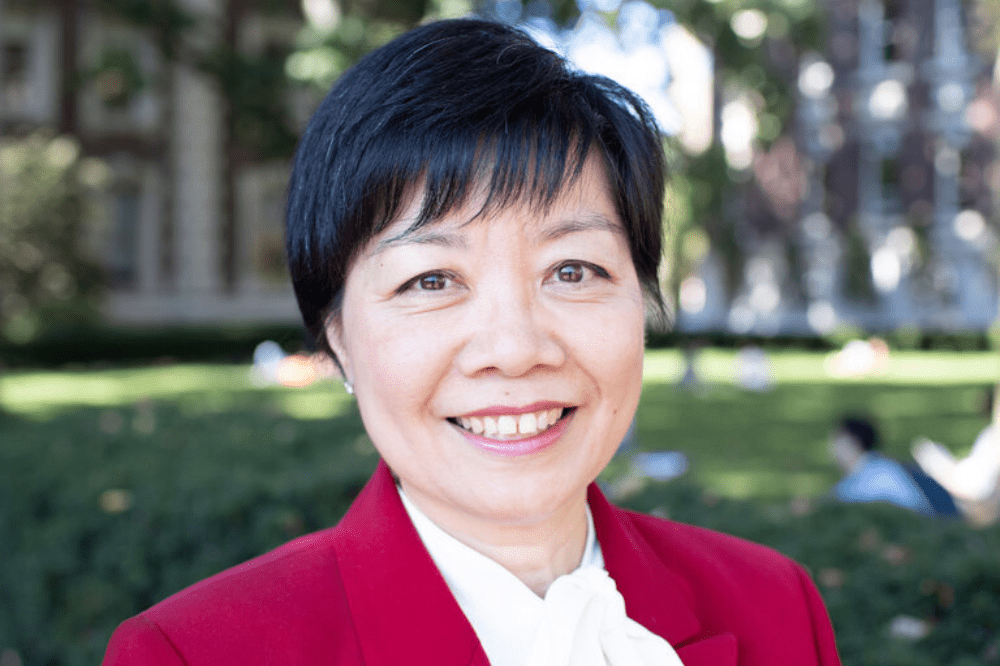How can we reprogram the insurance narrative to attract talent?

The Columbia Insurance Management program hosted a group of interns sponsored by Boys Hope Girls Hope (BHGH) and the Insurance Federation of New York (IFNY) this summer to teach them about disaster risk. During the one-day engagement, Chan and Columbia lecturer Ken Radigan used video and interactive activities to show the students how insurers anticipate and price for catastrophic exposures, and why capital is important to help avoid default.
“Our goal was not just to teach them about the basics of insurance business, but also to share the different job opportunities and paths that they can explore in the industry,” Chan shared.
Read more: What’s the answer to the insurance talent shortage?
During the summer internship, interns did week-long stints at the offices of various insurance organizations, such as Chubb, the Excess Line Association of New York (ELANY), the Life Insurance Council of New York. The internship introduced them to the wide range of opportunities in the global insurance, legal, and financial services sectors.
“[The program] doesn’t cost the children and their families anything. This is the way the insurance industry is giving back to the community,” Chan said. BHGH is a charitable organization that provides educational opportunities and career resources to high school students from disadvantaged backgrounds.
Chan was impressed by the eloquence, commitment, and professionalism of the young interns she interacted with during the program. “They came prepared. They didn’t just show up and take up space. Every single one of them had a one-minute elevator speech that was probably better than most of the elevator speeches I’ve heard,” she shared.
The experience opened Chan’s eyes to the enormous pool of untapped talent for insurance. But the insurance world still has a long way to go when it comes to communicating with the incoming generation.
“Our messaging needs to go beyond what people see in media,” said Chan. “What people need to understand is that insurance is not just about the car that crashes, the house that you lose, or the phone that you dropped in the pool.”
Putting insurance into the context of the broader world was an idea that Chan made sure to impart with the interns. “Everything we eat, use, and see in this world at some point involved insurance, and would not exist without insurance. It’s a tool that the world uses to facilitate what we are producing,” she continued.
Read more: How independent agencies can get a leg up in the war for talent
The old punchline that “insurance is boring” also needs to be expunged from the industry’s narrative. “Insurance can be very exciting,” Chan said. “I often say that ‘exciting’ and ‘insurance’ don’t usually end up in the same sentence, but when you’ve worked in the industry long enough, and if you talk to the people who have been in it for a long time, you’ll know that’s not true.”
Changing the narrative of the insurance industry means professionals should take ownership of their stories. For Chan, small tweaks in how an employee explains what they do can make a huge difference.
Instead of “I work for an insurance company”, saying “I work with renewable and alternative energy projects to help facilitate their financing,” or “I created an insurance product to help banks remove the risks from new technologies” are more artful ways to speak to the power of insurance in society, and to entice ambitious and creative young people to the industry.
“We need to talk about insurance the way we want to hear about it,” Chan added. “Some of the messages that we put out need to be conveyed better to build that attraction from the younger generation.”





